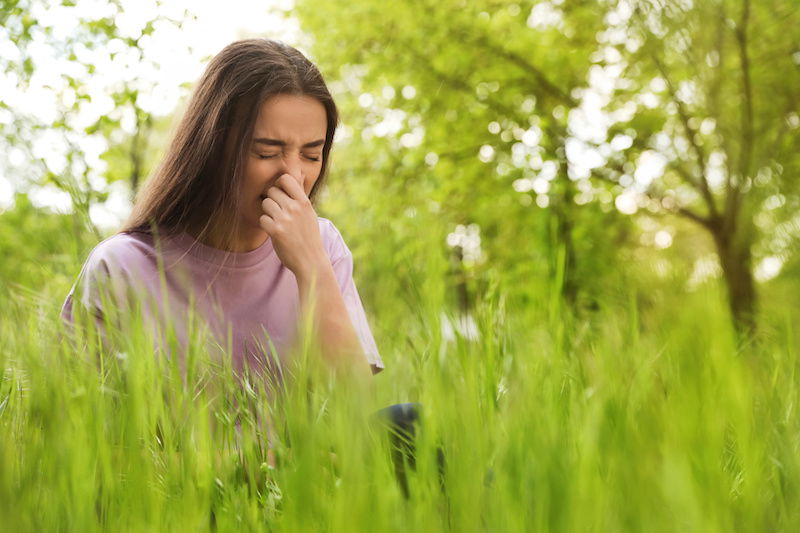Grass allergies, also known as allergic rhinitis, affect millions of people around the world, especially during the spring and summer months. Grass pollen is one of the most common allergens that trigger seasonal allergies, causing symptoms such as sneezing, runny nose, itchy eyes, and throat irritation. In this article, we will discuss the causes, symptoms, and treatment options for grass allergies.
Causes of Grass Allergies:
Grass allergies are caused by an overreaction of the immune system to grass pollen. When grass pollen enters the nose, eyes, or throat of a person with a grass allergy, the immune system mistakenly identifies it as a harmful substance and releases histamine, which causes the symptoms of an allergic reaction.
There are several types of grasses that can trigger grass allergies, but the most common ones include:
- Bermuda grass
- Timothy grass
- Johnson grass
- Kentucky bluegrass
- Orchard grass
- Ryegrass
It is essential to note that not all people who are allergic to grass are allergic to the same types of grass. If you suspect that you have a grass allergy, it is recommended to see an allergist for testing to determine which type of grass or pollen is causing your allergic reactions. This information can help you manage your symptoms and avoid exposure to the specific type of grass that triggers your allergies.
Symptoms of Grass Allergies:
The symptoms of grass allergies can vary from person to person, but they typically include:
- Sneezing
- Runny nose
- Nasal congestion
- Itchy eyes, nose, and throat
- Watery eyes
- Coughing
- Fatigue
- Headaches
- Difficulty sleeping
These symptoms can range from mild to severe and can affect a person’s daily activities, work, and quality of life.
Treatment Options for Grass Allergies:
The treatment for grass allergies depends on the severity of the symptoms. Mild symptoms can be managed with over-the-counter antihistamines, decongestants, and nasal sprays. These medications can help reduce inflammation, itching, and congestion, but they may cause drowsiness and other side effects.
If the symptoms are severe or persistent, your allergist may recommend prescription medications such as corticosteroids or immunotherapy. Corticosteroids can help reduce inflammation and swelling in the nose and throat, while immunotherapy can desensitize the immune system to grass pollen over time, reducing the severity of the allergic reaction.
Prevention of Grass Allergies:
Preventing exposure to grass pollen is the best way to prevent grass allergies. Here are some tips to reduce your exposure to grass pollen:
- Stay indoors when the pollen count is high, especially during the early morning and late afternoon.
- Keep windows and doors closed during peak pollen season.
- Use air conditioning to cool your home instead of opening windows.
- Shower and wash your hair after spending time outdoors to remove pollen from your body.
- Wear a pollen mask when mowing the lawn or doing yard work.
- Consider replacing your grass lawn with low-allergy plants, such as clover or moss.
Grass allergies can be a significant source of discomfort for many people during the spring and summer months. By understanding the causes, symptoms, and treatment options for grass allergies, you can take steps to manage your symptoms and reduce your exposure to grass pollen. If you suspect you have a grass allergy or would like to learn more about managing a grass allergy, please contact us today at West River ENT & Allergy.




